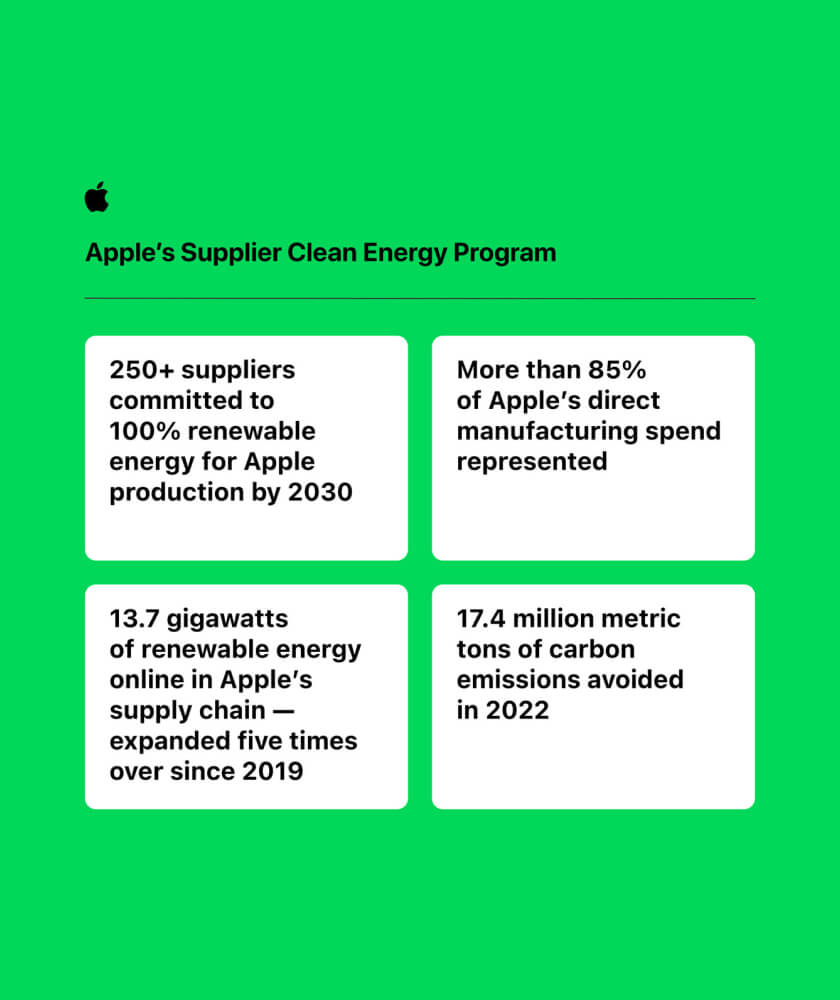Find out what are the best strategies to push companies to adopt renewable energy sources, and how to communicate this to the audience.

Businesses' economic expansion usually comes with an increase in energy consumption and waste generation. Fortunately, investments in sustainable technologies and processes can help reduce and balance these consequences.
Decisions regarding Green Marketing today are of first importance in the economic life of businesses and consumers, as the latter are increasingly interested in turning to brands that are careful about the conscious use of energy resources.
Renewable energy marketing is a discipline that focuses on promoting and marketing sustainable energy sources, such as solar, wind, hydropower and other renewable energy sources, helping to create a cleaner and more energy-efficient future. In recent years, renewable sources have become increasingly central to the global energy landscape, which has been plagued by a long list of critical issues.
Greenhouse gas levels in the atmosphere are increasing at an alarming rate. Every year, more and more species are classified as endangered. Rising sea levels are threatening coastal communities, and deforestation is contributing to biodiversity loss.
These alarming problems have raised people's attention to the activities of companies moving toward more environmentally friendly resource consumption. Consumers today are likely to seek data on the ecological impact of companies' activities, and companies can easily communicate their values and how environmentally sustainable their activities are.
Why are companies interested in renewable energy marketing?
Renewable energy marketing aims to educate the audience about renewable energy sources, their benefits and positive impact on the environment. This can be done through awareness campaigns, product and service information, and dissemination of energy performance data.
Environmental challenges affect everyone, so corporate social responsibility (CSR) can be a driver for change in the adoption of renewable energy sources.
Companies can be driven to change for two main reasons:
- To improve their image and attractiveness to consumers. Consumers are increasingly sensitive to environmental issues and are willing to reward companies that are committed to reducing their environmental impact
- to become more responsible organizations, even without publicizing it. CSR can lead to a number of benefits for businesses, such as cost reduction, increased efficiency, and innovation.

In July 2021, the European Commission unveiled its proposed amendment (RED II) to the Renewable Energy Directive, with the aim of aligning the EU's renewable energy targets with the new climate ambition. This proposal mandates a mandatory increase to 40 percent by 2030 in the share of energy from renewable sources in the EU energy mix, while promoting the use of renewable fuels, such as hydrogen, in the industrial and transport sectors.
In addition, competitive pressures may push companies to change. If competitors implement more environmentally friendly policies, other firms are forced to follow them in order not to lose market share. In some cases, they may even create new "green" markets where firms that are unable to change find themselves at a distinct disadvantage or are unable to participate at all.
Businesses that commit to reducing their environmental impact can gain a range of benefits, both economic and reputational. Key activities to reduce resource consumption and environmental impact that companies can adopt and communicate to the audience include:
- making use of renewable energy sources
- recycling materials
- implementing end-of-life product collection activities applying sustainable delivery options (e.g., using transportation companies that rely on renewable energy sources)
- supporting environmental advocacy activities

To give some examples of green strategies that can be adopted in different industries:
- a fashion company can switch to using sustainable materials in the production of its products
- a food company can reduce the use of plastic in its packaging
- an energy company can invest in renewable energy sources
- a paper manufacturing company can achieve the "FSC" label for wood from responsibly managed forests

Marketing and environmental sustainability: what you need to know
However, companies cannot make far-reaching decisions based on slogans alone. Profit or savings must be levers that concretely encourage the adoption of clean energy sources in order to empower brands to cope with an increasingly competitive market. Beyond that, the positive spillovers of reduced energy costs and carbon emissions not only affect businesses, but extend to the entire economy through increased deployment of renewable technologies.
Marketing interest in adopting ecofriendly energy sources can be influenced by a variety of sources, including external laws, consumer demand, public opinion, senior corporate management decisions, the company's overall strategy, or the pursuit of competitive advantage.
Carrying out marketing activities geared toward environmental sustainability does not only appeal to an audience of environmentalists or consumers who are highly sensitive to ecological issues, but rather to all those who wish to make informed and responsible purchasing choices. In this way, companies can reach a broader and more diverse audience, solidify their reputation as an ecofriendly brand, and produce long-term added value.
Choosing the most appropriate mix of energy sources given one's activities involves comparing nonrenewable and polluting resources with clean and inexhaustible resources to identify the best productive balance within the company's needs, to be promoted with communication that does not fall into wordwashing.
Energy efficiency aims to optimize the use of existing energy resources, reducing waste and environmental impacts and improving performance at the cost of less energy consumption. Companies can therefore consider adopting efficient technologies such as energy-efficient devices, LED lighting, and smart energy management systems.
How companies can promote the adoption of clean energy sources
Companies can offer consulting services to help customers assess their energy needs and identify the best solutions based on their budget and specific circumstances.
Renewable energy marketing is an increasingly relevant and evolving field that promotes the use of sustainable energy sources, with the goal of driving business adoption and investment in green technologies. Clean energy marketing campaigns often target specific market segments based on the specific needs, goals, and preferences of the companies in question.
Expressing environmental commitment and corporate social responsibility through marketing communications and sustainability reports can help build customer trust and promote the adoption of clean energy sources.
If the company's main objective is to target an environmentally sensitive audience, an effective marketing strategy should leverage communications inherent in the renewable energy approach. This could involve promoting environmentally sustainable events or initiatives and adopting green marketing strategies to increase customer loyalty and enhance corporate image.
Apple announced in 2023 that its supply chain partners use nearly 30 percent more renewable energy than the previous year, and that more than 250 suppliers spread across 28 countries have committed to using only renewable energy for Apple's production by 2030.
Amazon also announced in 2023 that it had increased its renewable energy capacity by 8.3 gigawatts (GW) in 2022 due to 133 new projects in 11 countries, reaching a total threshold of 20 GW sufficient to power 15.3 million homes in Europe.

Companies can also demonstrate their commitment to sustainability by certifying products or processes, such as through the "Renewable Energy Certificate" for energy generated from renewable sources.
In any case, the transition to green energy implies significant challenges that require scrupulous management, strategic planning, cooperation along the entire supply chain, and a long-term commitment on the part of business entities, taking into account climate uncertainty and challenges related to environmental change.
